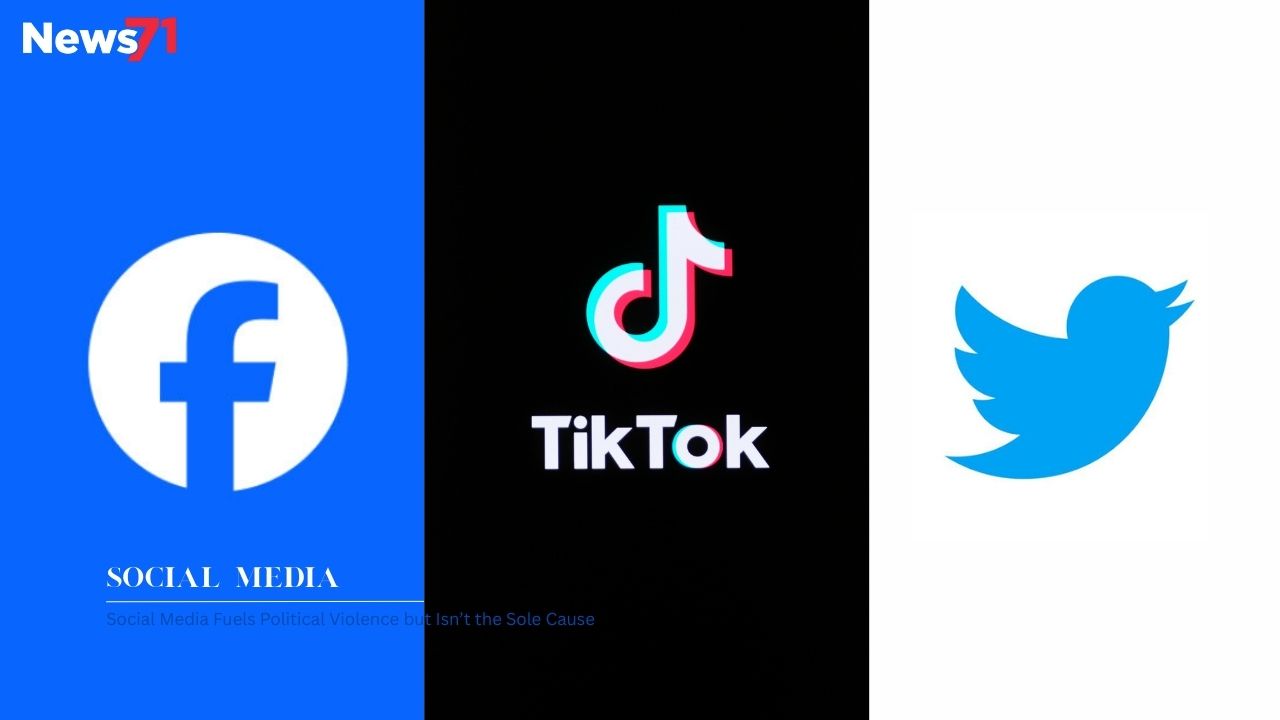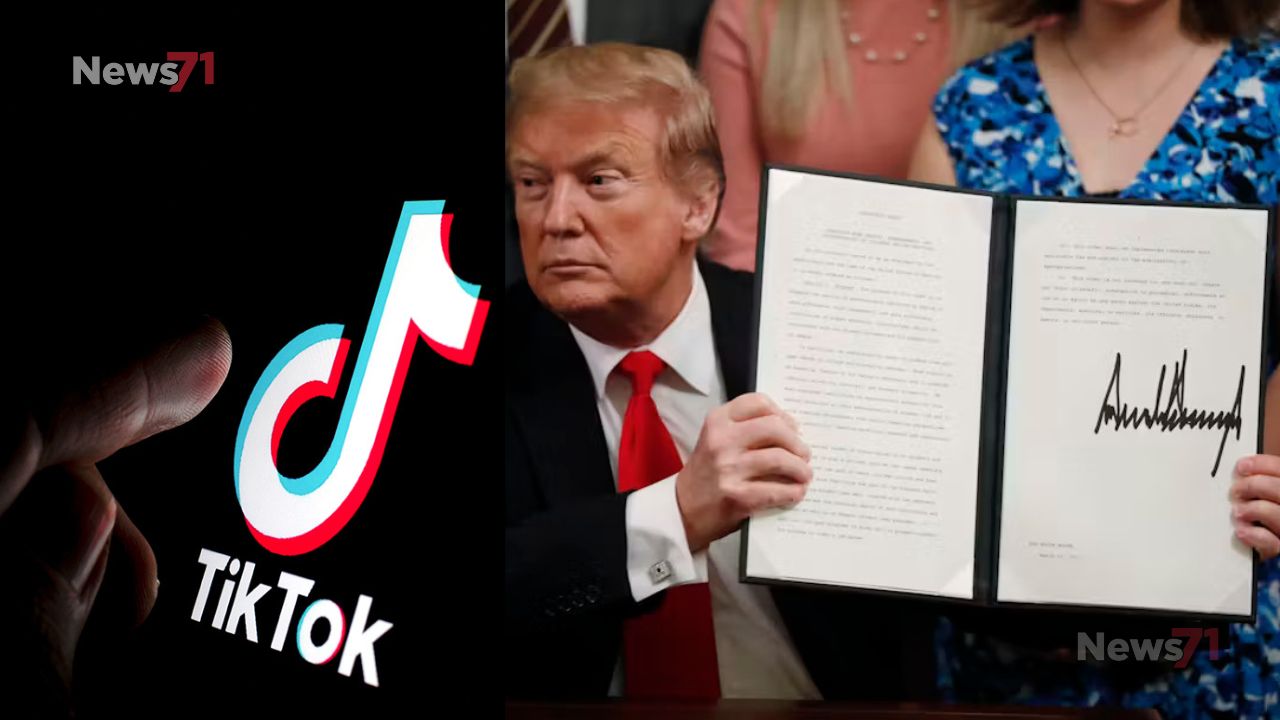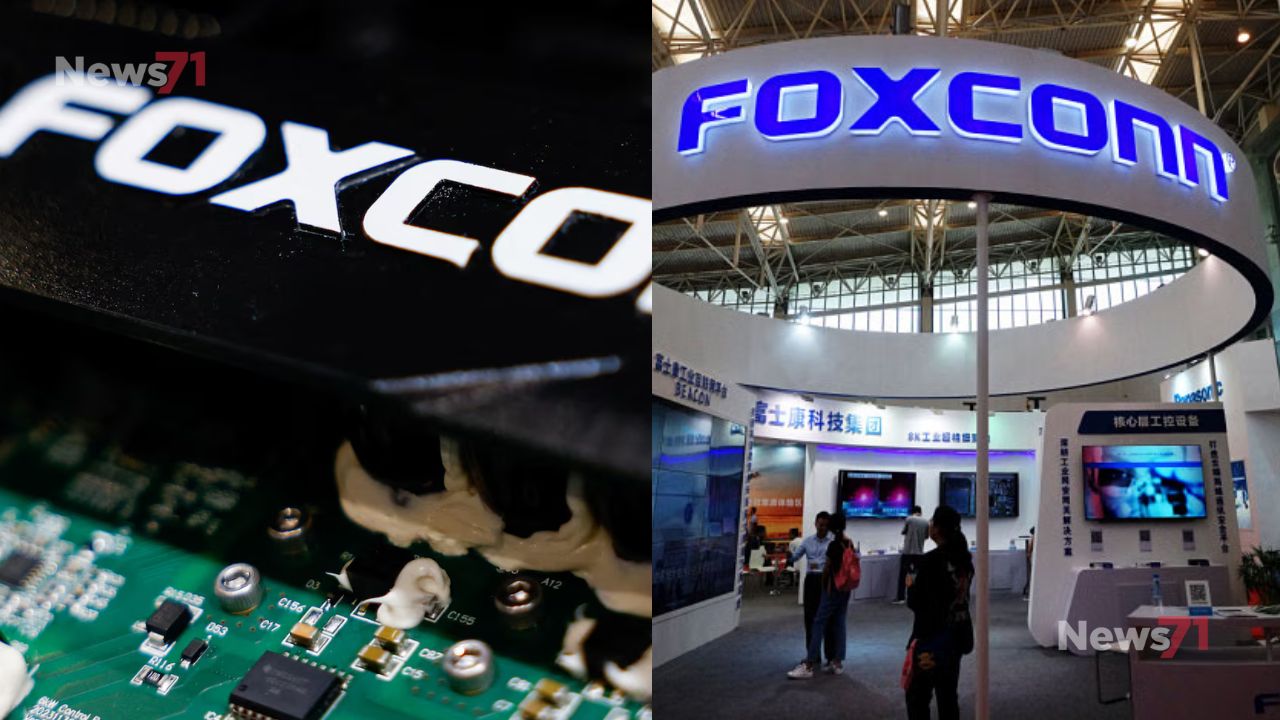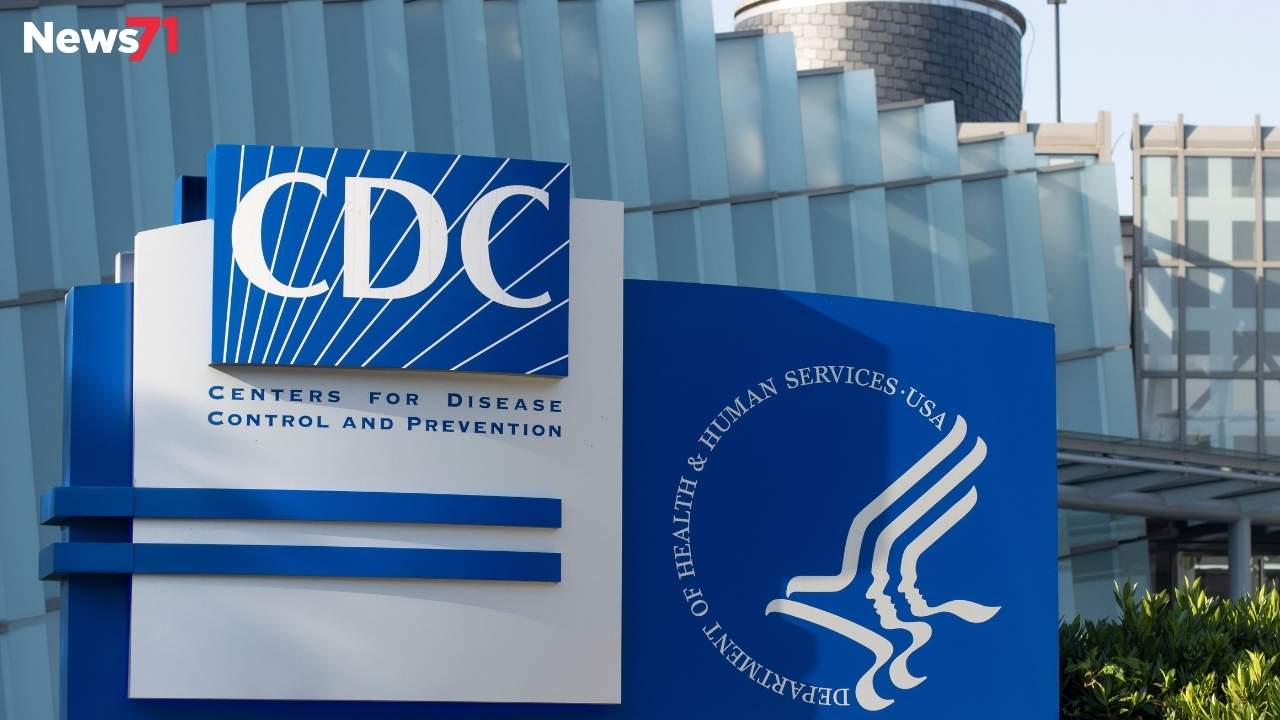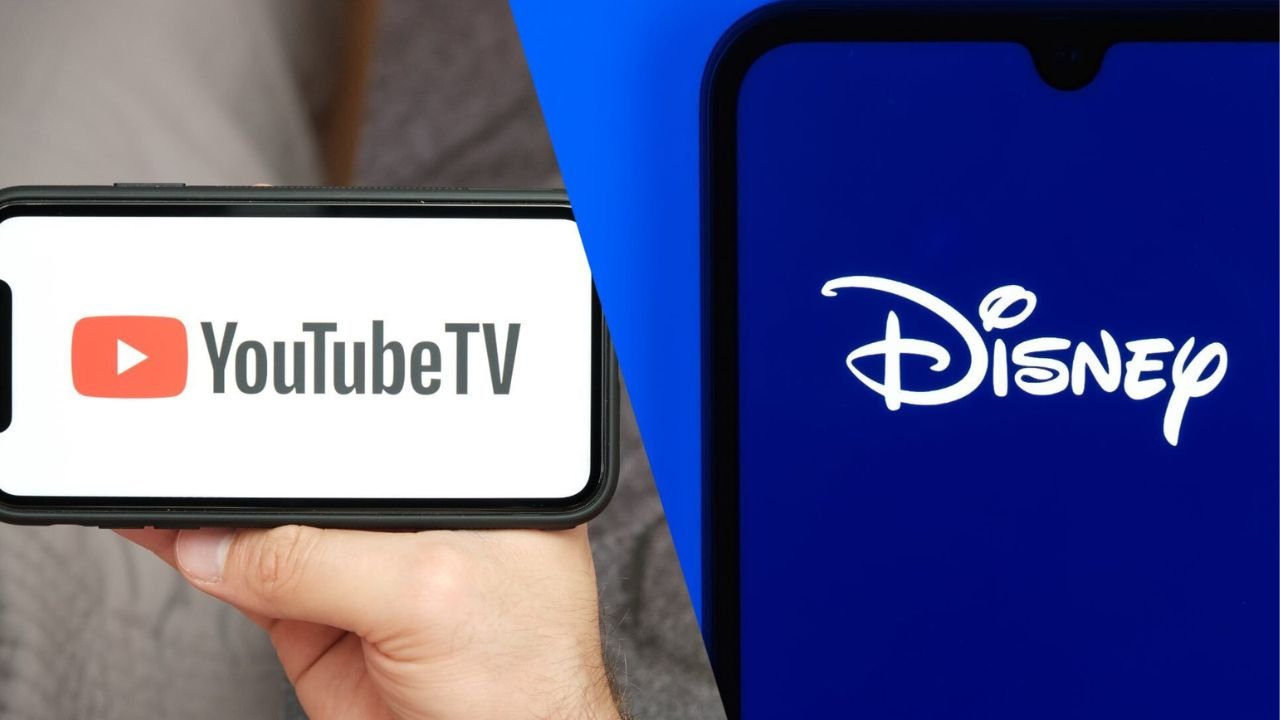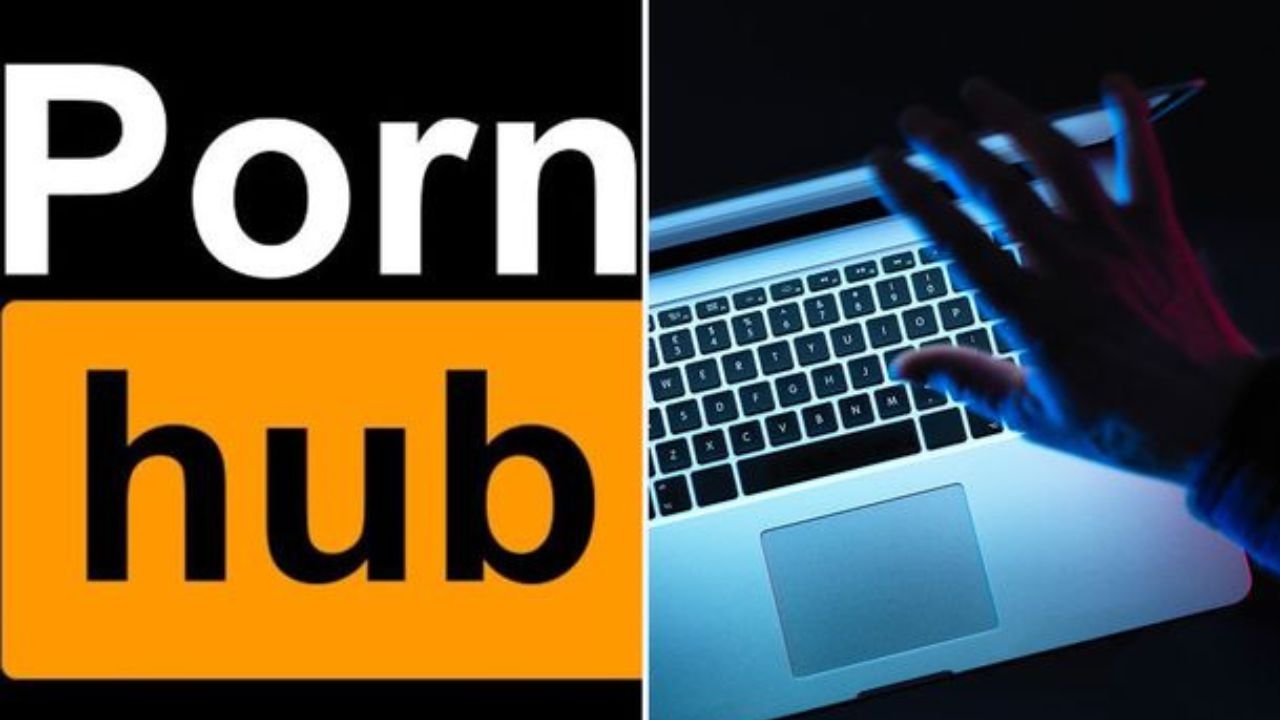Social media plays a significant role in fueling political violence by amplifying anger, spreading inflammatory content, and fostering social isolation, though experts agree it is not the sole cause.
Utah Governor Spencer Cox condemned social media as “a cancer on our society” shortly after conservative activist Charlie Kirk was fatally shot, urging people to disconnect from online platforms. Other politicians echoed these concerns, highlighting how social media rewards the loudest and angriest voices, intensifying division.
Experts told ABC News that while social media exacerbates tensions by spreading graphic content and inflammatory rhetoric, underlying causes like societal discord, political rhetoric, and gun accessibility remain key factors. Political scientist Robert Pape likened social Apps to “pouring gasoline on a fire” rather than starting it.
Social Media – Meta
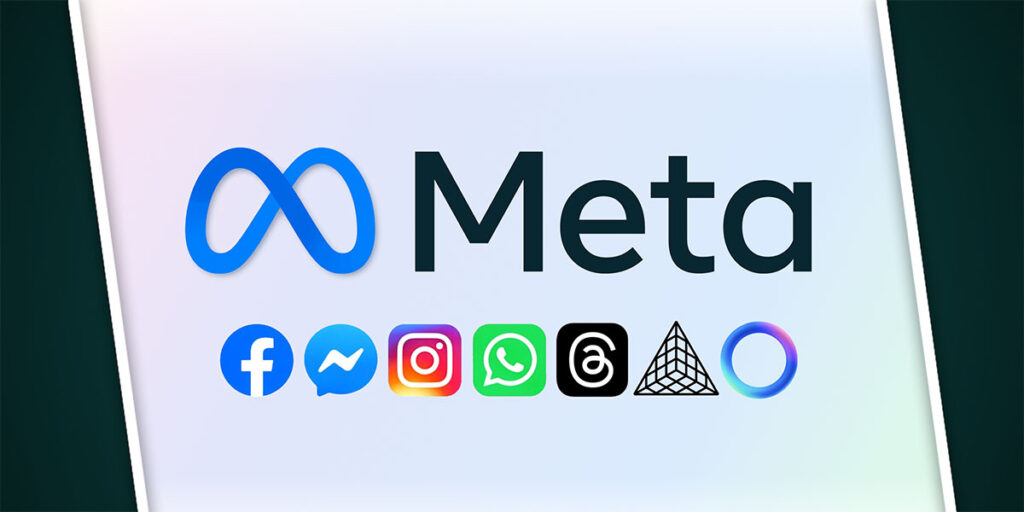
The alleged shooter in Kirk’s case, Tyler Robinson, reportedly used platforms like Discord before and after the attack. Authorities are investigating his online activity and connections. Discord stated no evidence shows the attack was planned or promoted on their platform and emphasized their policies against hate speech and violence.
Major platforms like Meta, TikTok, and X publicly affirm their commitment to combating hate speech and harmful content, investing in safety measures. Nevertheless, experts warn social media’s algorithms prioritize provocative posts that deepen polarization and encourage isolated online interactions, creating a “dangerous moment” for society.
Research also indicates heavy social Apps users those spending many hours daily online are more likely to support political violence, though they represent a minority. The consensus is that social Apps aggravates existing risks but does not act as the sole driver of political violence.
